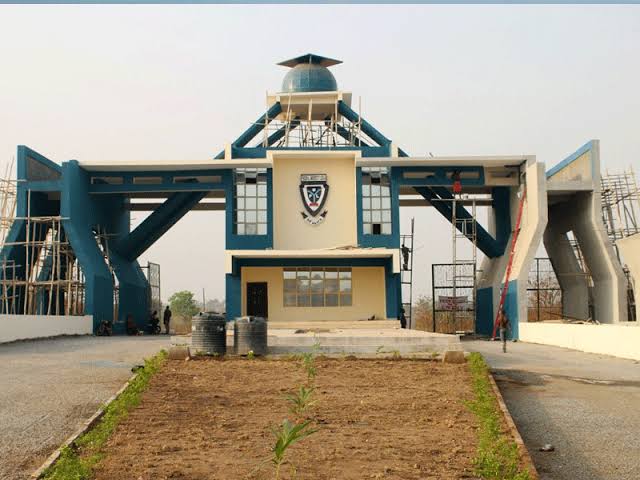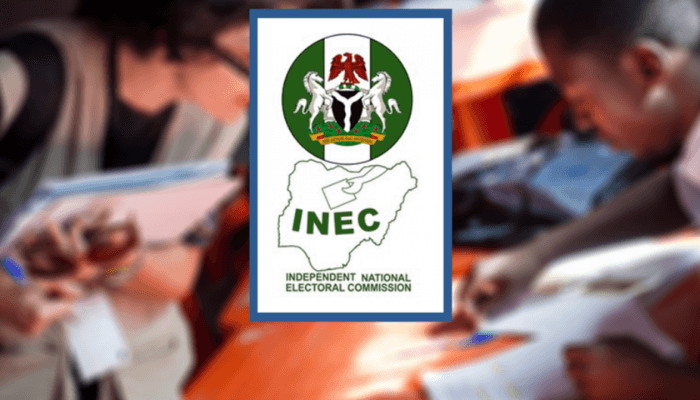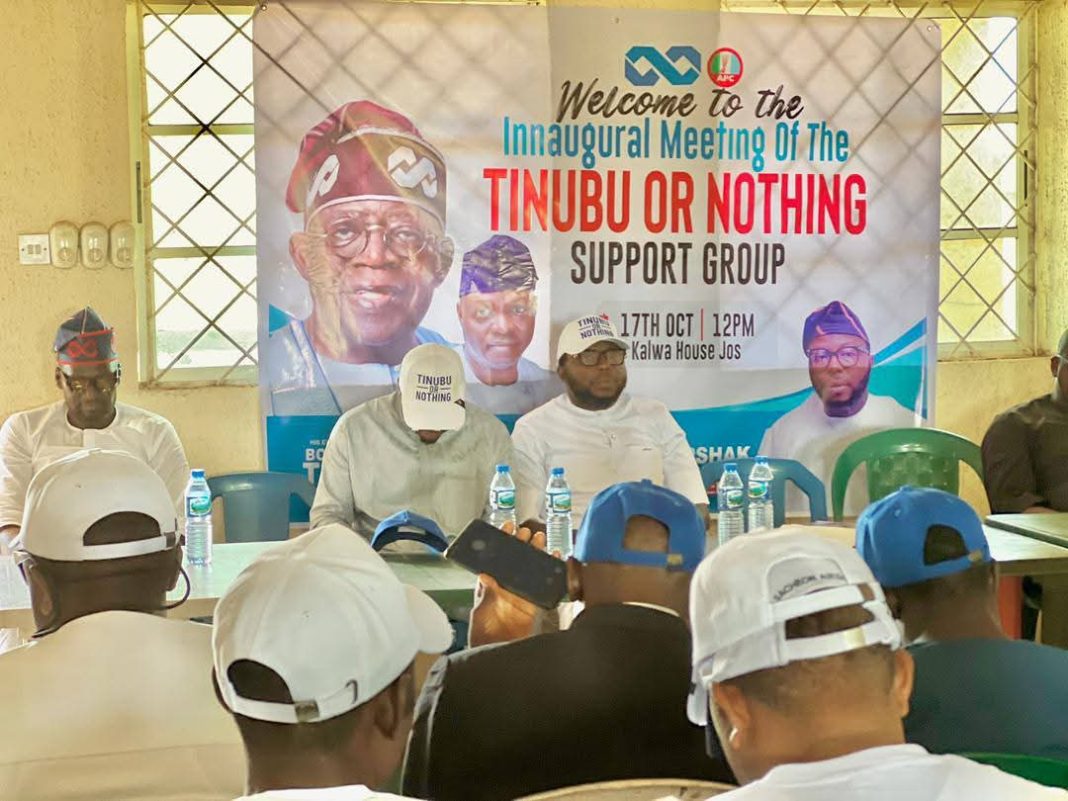By Noah Ocheni, Lokoja
The Attorney General of the Federation and Minister of Justice, Prince Lateef Olasunkanmi Fagbemi (SAN), has emphasized that the transformation of Nigeria’s university education system is a collective responsibility that extends beyond the roles of individual institutions or government agencies.
Fagbemi made this known while delivering a lecture titled “The Intersection of Law, Digital Technology, and Human Resourcefulness in Transforming University Education in Nigeria” during the 9th Convocation Ceremony of the Federal University Lokoja (FUL), Kogi State.
According to him, meaningful reform in the education sector requires **collaboration between government, universities, students, and society, noting that each has a crucial role to play in achieving sustainable progress.
“Universities must embrace change while preserving their essential functions. Students must actively engage in their education, while society must support educational excellence and hold institutions accountable,” Fagbemi stated.
The Minister underscored the need for government to provide enabling policy frameworks and strategic leadership to drive innovation and reform within the education system.
He noted that President Bola Tinubu’s Renewed Hope Agenda has placed education, digital economy development, and human capital advancement at the core of Nigeria’s national development strategy.
Fagbemi explained that the administration recognizes that Nigeria’s demographic advantage can only be harnessed through
strategic investments in educational excellence and innovation, which would prepare citizens for active participation in the global knowledge economy.
He added that the government’s commitment to transforming the education sector goes beyond traditional infrastructure development to include curriculum reforms, technology integration, and institutional capacity building.
Highlighting recent strides, Fagbemi revealed that 67 new higher institutions have been established in the last two years, focusing on specialized disciplines such as agriculture, environmental sciences, health, sports, and technology. This, he said, aligns with the government’s objective of linking higher education development with national economic diversification goals.
The Minister also referenced President Tinubu’s recent moratorium on the establishment of new universities, polytechnics, and colleges of education, describing it as a strategic move to address under-enrolment and resource allocation challenges in existing institutions.
“By pausing expansion, the government aims to focus on improving quality, strengthening facilities, and raising academic standards to ensure that Nigerian graduates remain globally competitive,” he explained.
Fagbemi concluded by reiterating that the collective participation of stakeholders — from policymakers to educators and students — remains essential in transforming Nigeria’s university education into a globally competitive and innovation-driven system.





